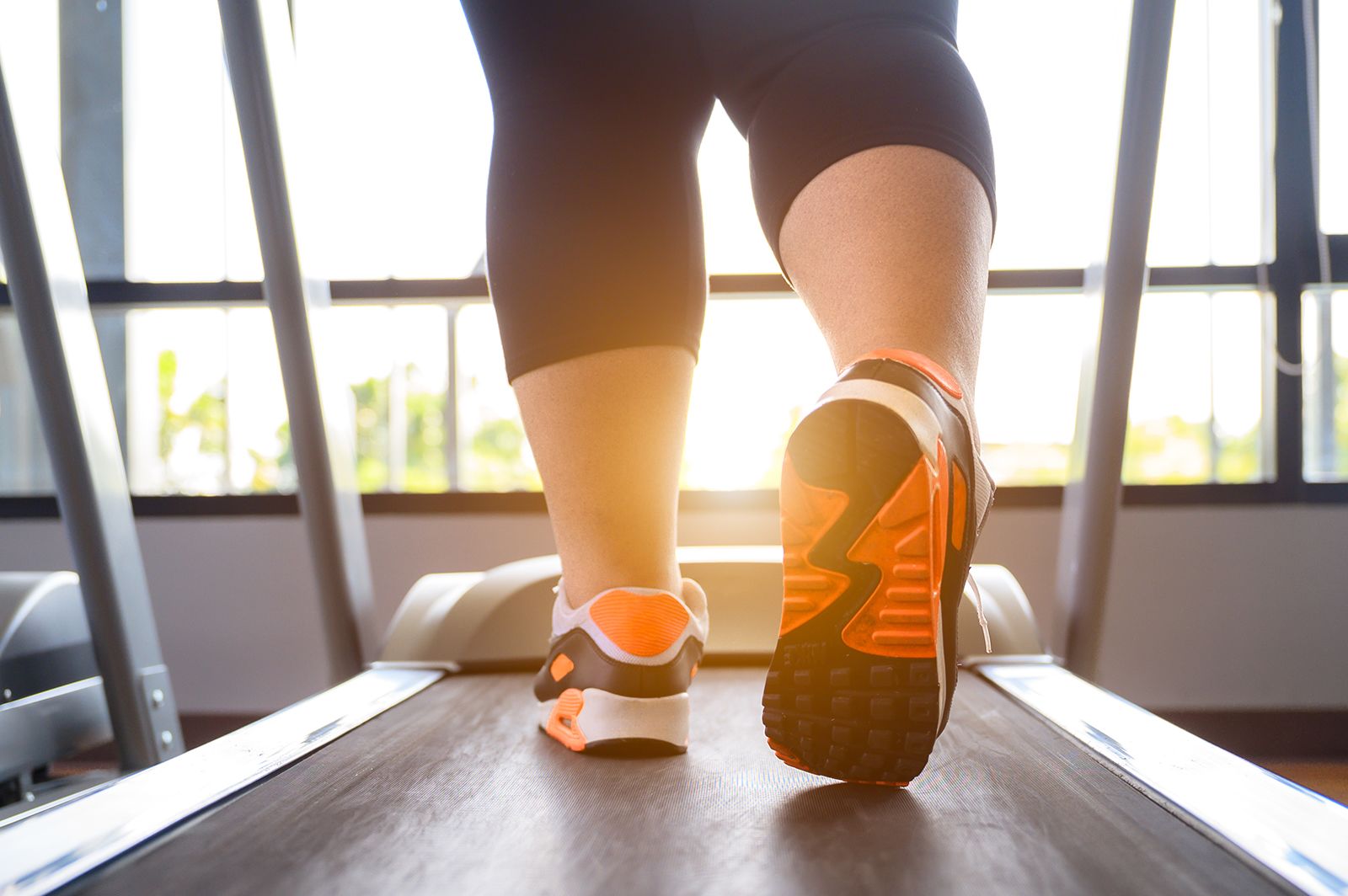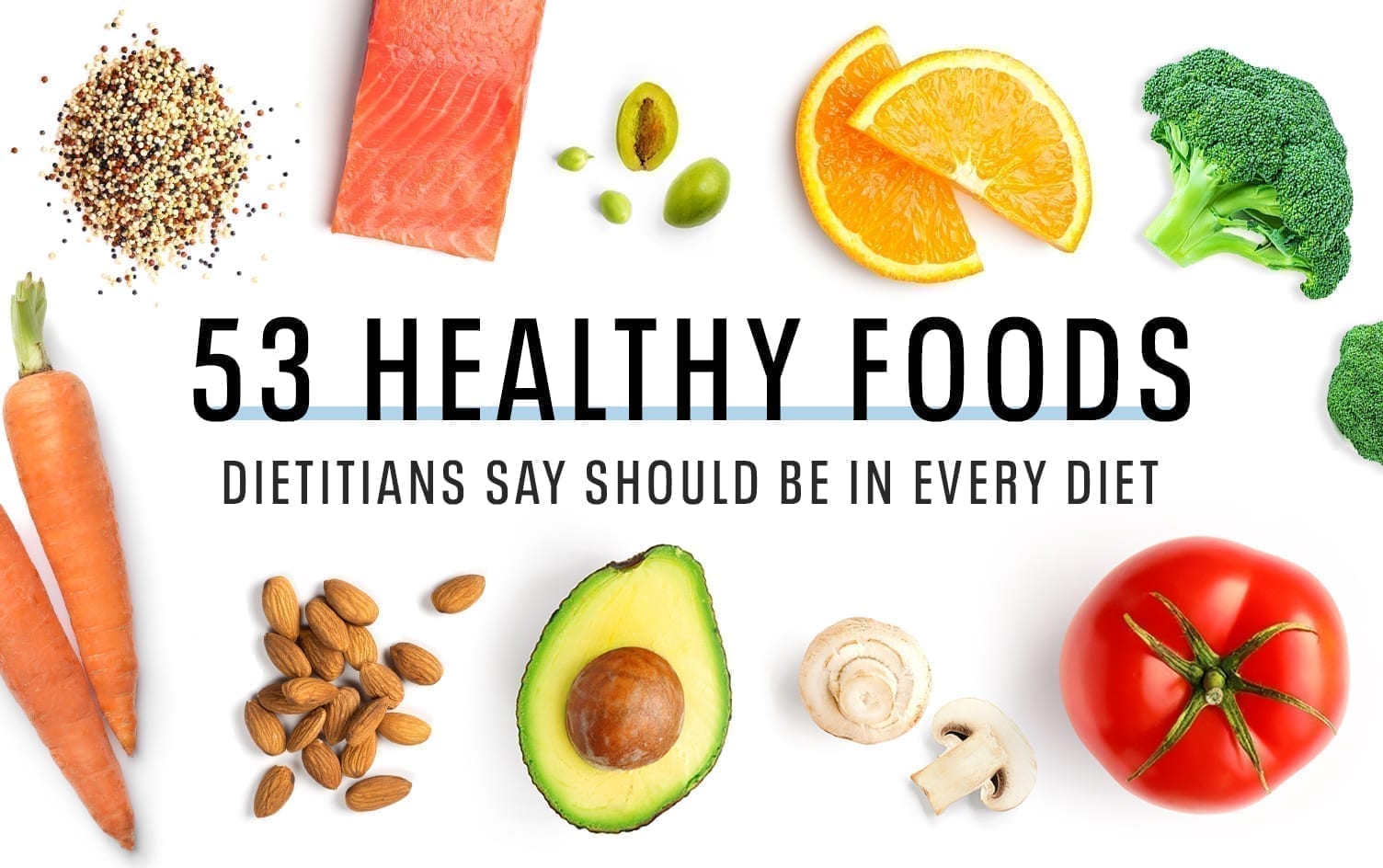
Exercise is an essential part of senior adult health. The risk of disease such as stroke, depression and type 2 diabetes is reduced when you are physically active. It improves your overall health, and aids seniors in maintaining their independence. It can be difficult to maintain an exercise routine.
If you're an older adult, it's a good idea to consult with a physician before starting an exercise routine. Your doctor can assess your fitness level and recommend the best exercise type for you. Based on your individual health, it might be best to start gentle exercises that gradually build up to more strenuous activity.
It is best to look for a gym that offers senior-friendly classes. Seniors are often offered discounts at these gyms. Personal trainers can also be found to help you design an exercise program that suits your needs. You can even ask your family members and friends to join in on your exercise routine.

If you have never exercised before, start with simple chair exercises and work your way up to more strenuous activities. Begin by warming up and cooling down. Exercise can not only help you stay fitter, but also lower your stress and blood pressure.
Strength training exercises increase muscle strength and endurance. It can also increase balance, which lowers the possibility of falling. This includes single-leg standing, stair climbing and light weights.
It is important to stretch as part of any exercise program. Stretching can relieve stiffness, pain, and inflammation. It can also improve range of motion and flexibility. Stretching should be done for between 15 to 30 second intervals in order to get the most from your routine. Stretching is a good way to warm up before starting any exercise.
Cardio exercise can be a great way to get older adults active. Cardio exercise not only increases energy, but also improves cardiovascular function. The heart pumps more blood and oxygenated blood throughout the body, resulting in better overall health. Moving aerobically, such as swimming, biking, walking and dancing, will increase your heart beat and strengthen your lungs.

Exercises that strengthen the bones can also prove to be beneficial for seniors. Strength training can increase bone density and decrease the chance of developing osteoporosis. Strength training exercises are a great way for older adults to be more active. This is especially important to older adults with reduced muscle mass. It is important to maintain balance and muscle strength when doing strength training.
There are many reasons why you might be discouraged from starting an exercise regimen. You may think it's too difficult or too expensive to get started with an exercise program. However, exercise can be equally beneficial to older adults as it can for younger individuals.
Many activities can be added to your exercise regimen, including yoga and taichi, running, walking, biking, swimming, and biking. It is also a good idea to do endurance exercise like mowing the yard or climbing stairs. You can also find group exercise classes at your local recreation centre if you are unable or unwilling to exercise on your feet. You can also reach out to older adults in your area to see what they are interested in.
FAQ
Is being cold bad for your immune system?
Cold can make you less immune to infection because your body makes fewer white blood cells, which are essential for fighting infections. But, cold makes you feel better. Your brain releases endorphins that reduce pain.
What weight should I be based on my age and height. BMI calculator & chart
Use a BMI calculator to determine how much weight is needed to lose. The healthy BMI range for a healthy person is 18.5 to 24.9. You should lose about 10 pounds each month if you are trying to lose weight. Simply enter your height, weight and desired BMI into the BMI calculator to calculate it.
To see if you're overweight or obese, check out this BMI chart.
What is the best way to live a healthy lifestyle?
The healthiest lifestyle to live is one where you eat healthy food, exercise regularly, sleep well, and avoid stress. This will ensure that you live a long healthy life.
It's easy to start small with your exercise and diet. You can lose weight by walking 30 minutes each day if you are looking to lose weight. Swimming or dancing are great options if your goal is to become more active. You can also sign up for an online fitness program like Strava or Fitbit to track your activity.
What is the best food for me?
The best diet for you depends on several factors, like your age, gender, weight, health conditions, and lifestyle habits. Also, consider your energy expenditure, your preference for low-calorie food, and whether you enjoy eating fruits or vegetables.
Intermittent fasting is a good option if you're trying to lose weight. Intermittent fasting is a way to eat only certain meals during the day instead of three large meals. This method may work better than traditional diets which include daily calorie counts.
Research suggests that intermittent fasting may increase insulin sensitivity and reduce inflammation. This can result in improved blood sugar levels as well as a lower risk of developing diabetes. Research suggests that intermittent fasting can promote fat loss and improve overall body composition.
How can I get enough vitamins?
You can obtain most of your daily requirement through diet alone. However, if you are deficient in any particular vitamin, taking supplements can help. A multivitamin supplement can provide all the vitamins you require. You can also buy individual vitamins at your local pharmacy.
If you are concerned about getting enough nutrients, talk to your doctor about what foods contain the best sources of vitamins. You can find vitamins K and E in dark green leafy vegetable such as spinach, kale and turnip leaves, as well romaine lettuce and arugula.
Ask your doctor if there is any doubt about how much vitamin you should be taking. Based on your medical history, and current health status, your doctor will recommend the right dosage.
Statistics
- WHO recommends consuming less than 5% of total energy intake for additional health benefits. (who.int)
- In both adults and children, the intake of free sugars should be reduced to less than 10% of total energy intake. (who.int)
- The Dietary Guidelines for Americans recommend keeping added sugar intake below 10% of your daily calorie intake, while the World Health Organization recommends slashing added sugars to 5% or less of your daily calories for optimal health (59Trusted (healthline.com)
- WHO recommends reducing saturated fats to less than 10% of total energy intake; reducing trans-fats to less than 1% of total energy intake; and replacing both saturated fats and trans-fats to unsaturated fats. (who.int)
External Links
How To
10 tips for a healthy lifestyle
How to maintain a healthy lifestyle
We live in a fast world where we don't get enough sleep, eat too much, drink too much alcohol and smoke cigarettes. We don't properly care for our bodies.
It is very hard to find a balanced diet and exercise routine when you work fulltime and do all these things at the same time. If you feel stressed, it becomes more difficult. Your mind will tell you that this situation is too much so we end up feeling guilty and giving up.
You should feel something is wrong with you body. Ask your doctor for his/her opinion about your current situation. If there's nothing abnormal, you might have stress from your job.
Some people believe they're lucky because their jobs let them go to the gym on a regular basis or they have friends who encourage them to stay fit. However, those people are really lucky. These people have no problems. They had everything under control. I wish everyone could be one of them. Unfortunately, most of us don't know how to balance our work life and personal life. Many people have bad habits that lead to illnesses such as heart disease and diabetes.
These tips can help you improve your lifestyle.
-
Get enough sleep, minimum 7 hours, maximum 8 hours. This includes proper sleeping postures and avoiding caffeine in the hours before bed. Caffeine blocks the melatonin hormones making it hard to fall asleep. Make sure your bedroom's dark and clean. Consider using blackout curtains, especially if working late at night.
-
Get healthy - Start your day with a good breakfast. Avoid sugary foods, fried foods, and white breads. Lunch should include fruits, vegetables, and whole grains. Afternoon snacks are recommended to be rich in protein and fiber, such as nuts, seeds, beans, fish and dairy products. Avoid sugary snacks such as cookies, chips, candies, cakes, and sodas.
-
Get plenty of water. Most people don't drink enough. Water can help us burn more calories, keep our skin supple and young, flush out toxins and improve our digestion. Aim to drink six glasses of fluids daily to lose weight more quickly. You can check the color in your urine to see how well you are hydrating. Yellow indicates dehydrated, orange signifies slightly dehydrated, pink signifies normal, red signifies overhydrated and clear signifies highly-hydrated.
-
Exercise - Regular exercise has been shown to reduce depression and increase energy levels. Walking can be a great way to improve your mood. Walking may appear easy but requires concentration and effort. Your brain needs to concentrate on walking, while taking deep breaths and slowing down. Walking for 30 minutes at a steady pace can help you burn between 100 to 150 calories. Start slow and work your way up. To prevent injury, don't forget to stretch after you exercise.
-
Be positive - Positive thinking is essential for mental health. Positive thinking can create a happy atmosphere within us. Negative thoughts cause anxiety and drain our energy. To stay motivated, try to think about the things that you want to accomplish. If you feel overwhelmed by all these new tasks, break down each task into small steps. You will fail occasionally, but you can always get up and try again.
-
Learn to say no. Too many people are so busy they don't even realize how much wasted time they waste on unnecessary tasks. It is important to be able to say No when needed. Being polite when you say "no" does not mean that you are rude. You are simply saying "no" to something. You will always find another way to finish the job. Set boundaries. Ask someone to help. Or simply delegate this work to someone else.
-
Take care of yourself - Pay attention to your diet. Eat healthier foods to boost metabolism and shed extra weight. Avoid eating anything heavy or oily as they can raise cholesterol levels. Three meals and two snacks are a good rule of thumb. You should consume around 2000 - 2500 calories per day.
-
Meditate – Meditation is an excellent stress reliever that can also reduce anxiety. Sitting still with closed eyes allows your mind to relax. This exercise will improve your ability to think clearly and help you make decisions. Meditation will help you feel calmer and happier.
-
Breakfast is the most important meal in the day. Skipping breakfast can lead to eating too much lunch. It is never too late to eat a balanced breakfast as long as you eat within 1 hour of waking. Breakfast boosts energy and helps to manage hunger.
-
Eat clean food - Food affects our moods more than we know. Avoid junk food and food that contains artificial ingredients or preservatives. These products keep your body acidic and trigger cravings. The vitamins and minerals in fruits and veggies are good for your overall health.
-
***